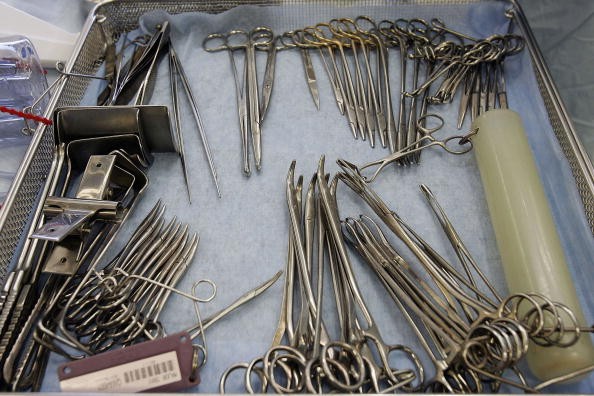
A study based on a computer model has linked the use of anti-heartburn medications after surgery with an increased risk of serious infections. The drugs-a class of drugs called proton-pump inhibitors-are frequently given to patients after surgery to reduce heartburn or to prevent bleeding in the stomach.
Researchers from the University of Michigan created a computer simulation based on real risk and benefit data. They reported that such a model could produce the same results as a clinical trial that enrolled 64,000 patients. Their model found that 90% of hospital post-surgical patients who were prescribed these drugs in the hospital have a higher chance of dying compared to similar patients who did not take them.
Proton-pump inhibitors, which includes drugs like Prilosec, Nexium, and Prevacid, are oner-the-counter, and widely used to treat heartburn outside of the hospital. When the simulation looked at patients who were taking proton-pump inhibitors before their surgery, it found a slight increase in the risk of a deadly outcome for around 80% of patients.
The increase risk of death comes from a greater risk of infections such as pneumonia and Clostridium difficile (C. difficile), which can result when the acidity of the stomach is reduced. It is believed that pneumonia can occur when the production of stomach acid is suppressed, because more bacteria can develop in the stomach and throat, which then may enter the lungs.
The computer model compares the increased risk of infection with the risk of upper gastrointestinal bleeding.
Efforts are already being made to decrease the use of proton-pump inhibitors after surgery, according to the authors of the study, but it has been an accepted practice to prescribe these drugs after surgery. Patients who receive high-dose corticosteroids in the hospital may automatically be prescribed a proton-pump inhibitor to prevent the intestinal bleeding that corticosteroids can cause.
The study appeared in the Journal of General Internal Medicine.



